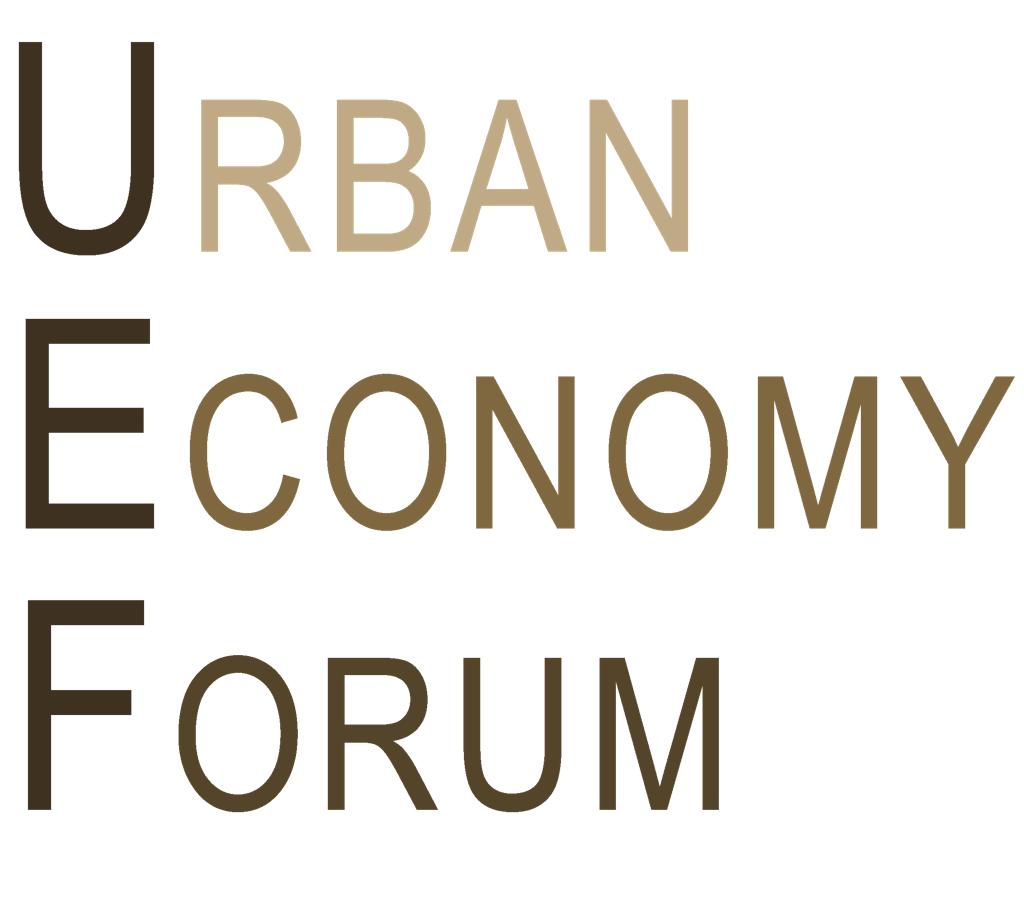Urban Economy Forum 3 2021 Resolution
January 4, 2022
UEF3 RESOLUTION & YEAR END LETTER
Dear UEF Friends and Family,
The year 2021, like 2020, was very different from the previous ones. The global pandemic continued to drastically alter our urban societies and livelihoods. Cities and urban settlements are faced with a new reality as they try to implement preventative health measures, protect their residents’ economic and social wellbeing, while also continuing to deliver social services. People are also struggling on a day-to-day basis, with many confined to their homes, financial constraints, and uncertainty. However, there is a light at the end of this road.
The pandemic has also created new opportunities, where people have become catalysts in creating changes in real life with virtual dialogues, new partnerships, and practical approaches. People, business, and governments alike are sharing, adapting, and innovating to support those in need, building resilience into our current practices, and establishing new approach that are rooted in sustainability. It is our urban spaces that provide so many opportunities for something better, something bolder, even when faced with a global crisis.
Now, more than ever, the New Year is something we look forward to. For many of us, our New Year celebrations were probably different, likely without extravagant parties, but what it means is of course the same: hope and new beginnings.

Although Urban Economy Forum (UEF) has been faced with another year of virtual work and navigating uncertainty, the year 2021 was a successful year for our organization. UEF has successfully mobilized commitments from Canada as well as from cities, towns, and local leaders around the world. The year saw an increased recognition of the role of local and provincial governments in the implementation of international agendas, such as the Sustainable Development Goals, the Paris Agreement, and the New Urban Agenda. This has strengthened a global common agenda among urban stakeholders and secured commitments from governments and organisations to support UEF’s mandate to achieve these international agendas at the local level. Support for the World Urban Pavilion in Regent Park, and commitments outlined in the Brampton Resolution (UEF 2021) and Collingwood II Resolution are all examples of the UEF’s efforts.
Of course, building a more just, equitable and greener urban recovery to improve the quality of lives without poverty and homelessness will not be easy. UEF along with its global, national, and local partners have much work in this year if we are to achieve the 2030 Agenda for Sustainable Development, and we look forward to tackling the great urban challenges together.
UEF continues to establish and enrich its strategic partnerships, including partnerships with UN-Habitat, International Society of City and Regional Planners, Habitat Norway, and the Asian Mayors Forum. UEF has also established programmatic partnerships with cities, universities, urban developers, and civil society. While many of UEF’s partners aim to enrich global dialogue and advocate for more sustainable urban practices, UEF is also committed to practical approaches. Not only are we focused on demonstrating what cities and governments are doing but understanding how they are doing it is critical. Cities and urban settlements need to be able to learn from each other and not waste valuable time or resources.
Partnership, collaboration, transparency, and trust have been the main reasons why UEF has achieved so much in such a short time. For example, the establishment of World Urban Pavilion in Regent Park (WUP) has taken a primary focus on building strong partnerships and collaborations with Canada and Canadian cities. With the start of this work, we are confident that WUP in partnership with UN-Habitat will be recognized as one of the most innovative global urban knowledge hubs in the world, and one that supports cities and towns as innovation hubs for people-oriented solutions.
UEF continues to be a leading global voice for sustainable urban economy and urban resources. Last year we held several events, roundtables, and meetings to facilitate dialogue on cutting-edge urban topics, ranging from sustainable tourism, role of arts and culture, integrating the SDGs, with focus on gender, impact investments and climate finance, to name a few. These conversations contribute to UEF’s annual forum each year and help to inform pilot projects to be developed and implemented by the WUP.
Last year was the 3rd year of the annual Urban Economy Forum that focused on “Housing and Urban Recovery” and the practical approaches needed to move toward more sustainable urban economies. This was UEF’s largest forum yet that took place over two and a half days on occasion of World Habitat Day. It brought together nearly 250 speakers, including two mayoral roundtables, a ministerial roundtable, and an African Cities roundtable. The forum continues to be one of the leading global urban conferences on sustainable urban economy and resources.
We look forward to continuing these conversations with our partners and other sector leaders.
While partnerships and collaboration are important, without the motivation, dedication, and determination of UEF’s great team, none of these achievements would have been possible. It is the drive of people that can truly lead to a better urban future.
We are sure that we will be able to keep working in harmony, learning from each other and with mutual understanding for a common purpose.
We very much look forward to continuing to work with you in the year that has just begun. These extraordinary times has proved that when we work together, we can accomplish.
Wishing you and your near and dear ones the very best for a sustainable, happy, and healthy 2022!
Anantha Krishnan Reza Pourvaziry
Secretary General, Urban Economy Forum Chair, Urban Economy Forum

